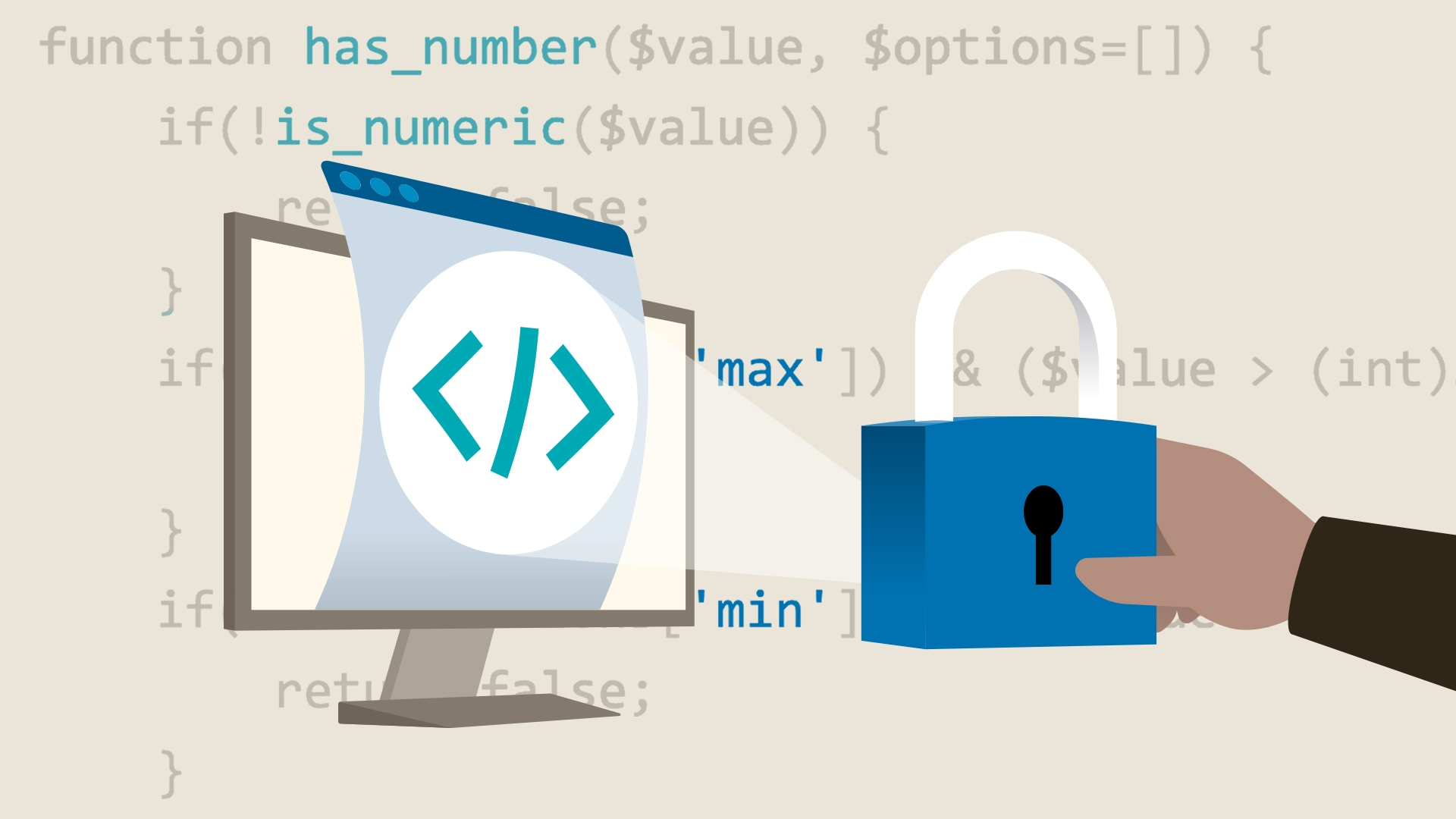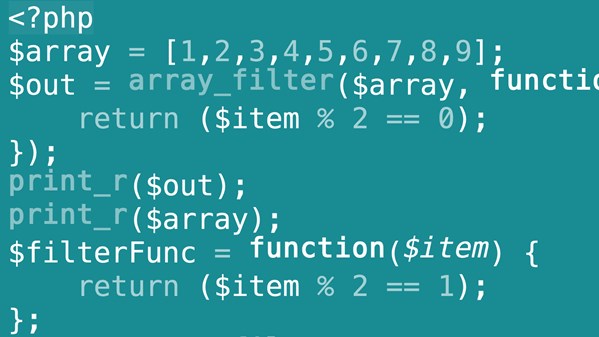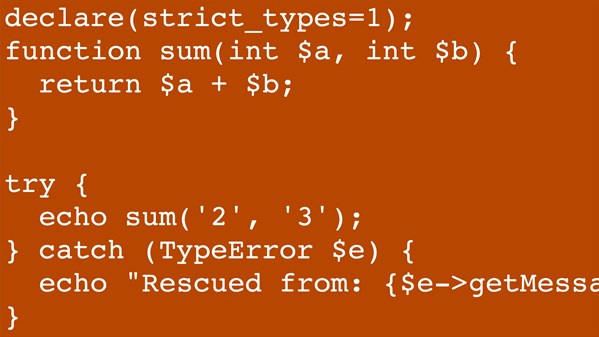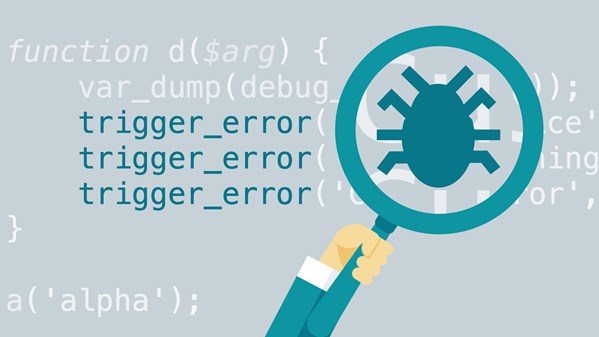
Hackers target PHP web applications more often than other sites because most PHP code is written by developers with little security experience. Protecting web applications from these attacks has become an essential skill for all PHP developers. PHP: Creating Secure Websites shows you how to meet the most important security challenges when developing websites with PHP. Instructor Kevin Skoglund covers the techniques and PHP code needed to develop sites that are more secure, and to avoid common mistakes. Learn how to configure PHP properly and filter input and escape output. Then check out step-by-step defenses against the most common forms of attack, including cross-site scripting and SQL injection.
Deze cursus is enkel beschikbaar in het Engels. Als dit voor u geen probleem vormt, dien dan gerust uw aanvraag in.
Deze cursus is enkel beschikbaar in het Frans. Als dit voor u geen probleem vormt, dien dan gerust uw aanvraag in.

There are many great reasons to learn PHP. You can reduce manual updates to webpages, get user input, and connect to a database of products or other information. But some web designers are intimidated by the theory and jargon. PHP for Web Designers is
different. Author David Powers provides a gentle introduction to PHP, through a series of simple exercises that help you develop fully functional dynamic webpages—all powered by PHP.
Learn how to reduce website maintenance by moving common page elements to external server-side include files, change content automatically depending on the date or time, display alternate text, gather user input from a form, and link to a database to
display product information. The final chapter is dedicated to understanding error messages and fixing their root causes.
Note: This course was recorded with Adobe Dreamweaver, but you can use the code editor of your choice to follow along.
Topics include:
- How to use PHP in a webpage
- Storing and displaying text and numbers in variables
- Using functions
- Adding comments to your PHP scripts
- Moving common page elements to include files
- Displaying different content on a page
- Working with multiple values in arrays and loops
- Getting form input sent by the POST method
- Using PHP sessions to preserve data
- Storing data in session variables
- Connecting to and querying a database
- Handling errors

Implement namespaces, extend interfaces, create your first Trait, dive into object-oriented programming, and discover versatile scripting methods with this course. Web developer Justin Yost takes you into the advanced parts of the PHP server-side language, including abstract classes, iterators, generators, and password hashing. He provides an overview of each topic, takes you through how to code each item for the first time, and then shows you how to expand further.
Learn how to establish consistency, solve problems, and prevent your applications from crashing by applying the techniques Justin shares in this course. Take your object-oriented programming beyond basic attributes and methods into using constructors, deconstructors, and singletons. Build nested exceptions, use type hints, and explore additional ways you can craft more flexible software using PHP.
Topics include:
- Namespaces
- Standard interfaces
- Traits
- Constructors, deconstructors, and singletons
- Cloning objects
- Abstract classes
- Iterators
- Generators
- Password hashing and verification
- Type hints, strict type hints, and return types
- Advanced closures
- Nested exceptions and SPL exceptions

PHP 7 is the first major release of PHP in more than 11 years. This course by expert instructor Kevin Skoglund provides an overview of the new features, improvements, and changes in PHP 7. Learn about new tools to help write smarter code, and the key changes you need to watch for to ensure your existing PHP code works correctly after an upgrade.
Topics include:
- Scalar type and return type declarations
- New operators in PHP 7
- Anonymous classes
- Arrays as constants
- Catchable exceptions and errors
- Integer division with intdiv()
- Deprecations and deletions

Debug your PHP code efficiently with a variety of client and server-side tools. In this concise course for experienced PHP developers, author Jon Peck demonstrates how to leverage PHP's built-in tools, as well as the Xdebug and Firebug extensions, and FirePHP libraries to improve the quality of your code and reduce troubleshooting overhead.
This course covers installation of Xdebug on Apache as well as working with the NetBeans IDE (integrated development environment). Jon then introduces native web browser developer tools for Firefox and Chrome, and demonstrates browser independent web debugging tools. Best practices for debugging and profiling web application failures and performance issues are also covered.
Topics include:
- Configuring PHP error reporting
- Logging errors to file
- Gracefully handling fatal errors
- Installing Xdebug
- Understanding the principles of remote debugging
- Remote debugging with NetBeans
- Extending your browser with Firebug, FirePHP, or ChromePHP
